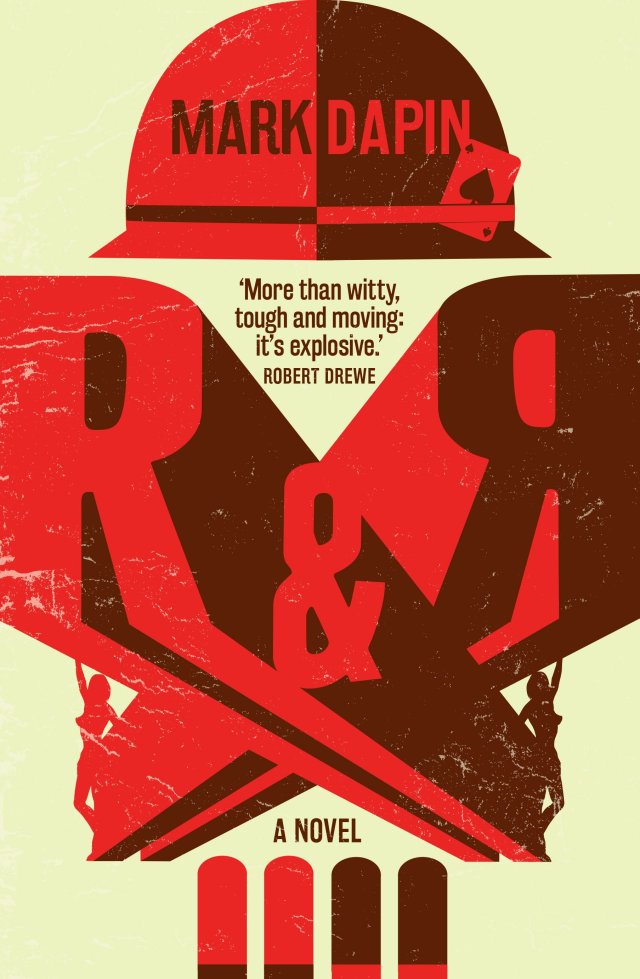
R&R: A Novel
By Mark Dapin
Viking, 2015, 287 pp, $32.99
Mark Dapin is a rising star of Australian writing, having first made his mark as a journalist with a string of newspapers. He is a knock-about sort of working-class bloke, who brushed up against the British socialist movement before migrating, a bit of a boxer as well as a writer.
Interviewing the light welterweight world champion Kostya Tszyu for the Sydney Morning Herald, Dapin famously persuaded Tszyu to let him spar with him in the ring. Tszyu didn’t muck about, breaking three of Dapin’s ribs.
Dapin turned it into a hilarious piece of writing, a demonstration of his talent for mining laughs out of pain that is on show in this Vietnam War-based novel.
Dapin also has a keen interest in men at war and criminals. He has edited two collections of Australian war reportage and an oral history of the Vietnam War as experienced by the conscripts - the “nashos”.
His novel King of the Cross, was variously described as funny, edgy, violent and subversive.
All of that background is found here — the boxing, the criminality and the inarticulate “wounded male” personal pain-coated-in-machismo. That and raw sexism flood the narrative.
The story is set in Vung Tau, a former French beach resort that the US Army turned into a near-surreal brothel town for GIs to blow off steam. Dapin’s representation is that of a pressure-cooker of violence and deceit in which his main characters, the cynical US MP “Nashville” and his naive Aussie side-kick “Shorty” navigate their drunken, bawdy days.
There are times when his style gets a bit much — especially the sexism. But Dapin is an intelligent writer who builds in just enough humour to keep the pages turning.
The plot is a murder mystery in the Dashiell Hammet tradition, with plenty of mean streets, tough men and harder women. Vietnamese characters are for the most part unfathomable and revolve around the two main white figures.
The Vietnamese deserve better than that from an Australian writer. Dapin has absorbed too much of the “nasho” understanding of the Vietnam War — that of an imperialist outsider. Also, I couldn’t escape the feeling that the hard-drinking, bare-knuckled Nashville was an alter-ego for Dapin.
This is a good book and deserves its readership. However, there is a far greater novel inside Dapin waiting to emerge. For that, he will have to recognise the violence that the self-absorbed wounded male uses to protect his heart is actually a form of narcissism.
For Australia to move past its conceited militarist tradition and, guided by a brilliant writer, actually engage with Vietnam — that would be wonderful indeed.
Like the article? Subscribe to Green Left now! You can also like us on Facebook and follow us on Twitter.